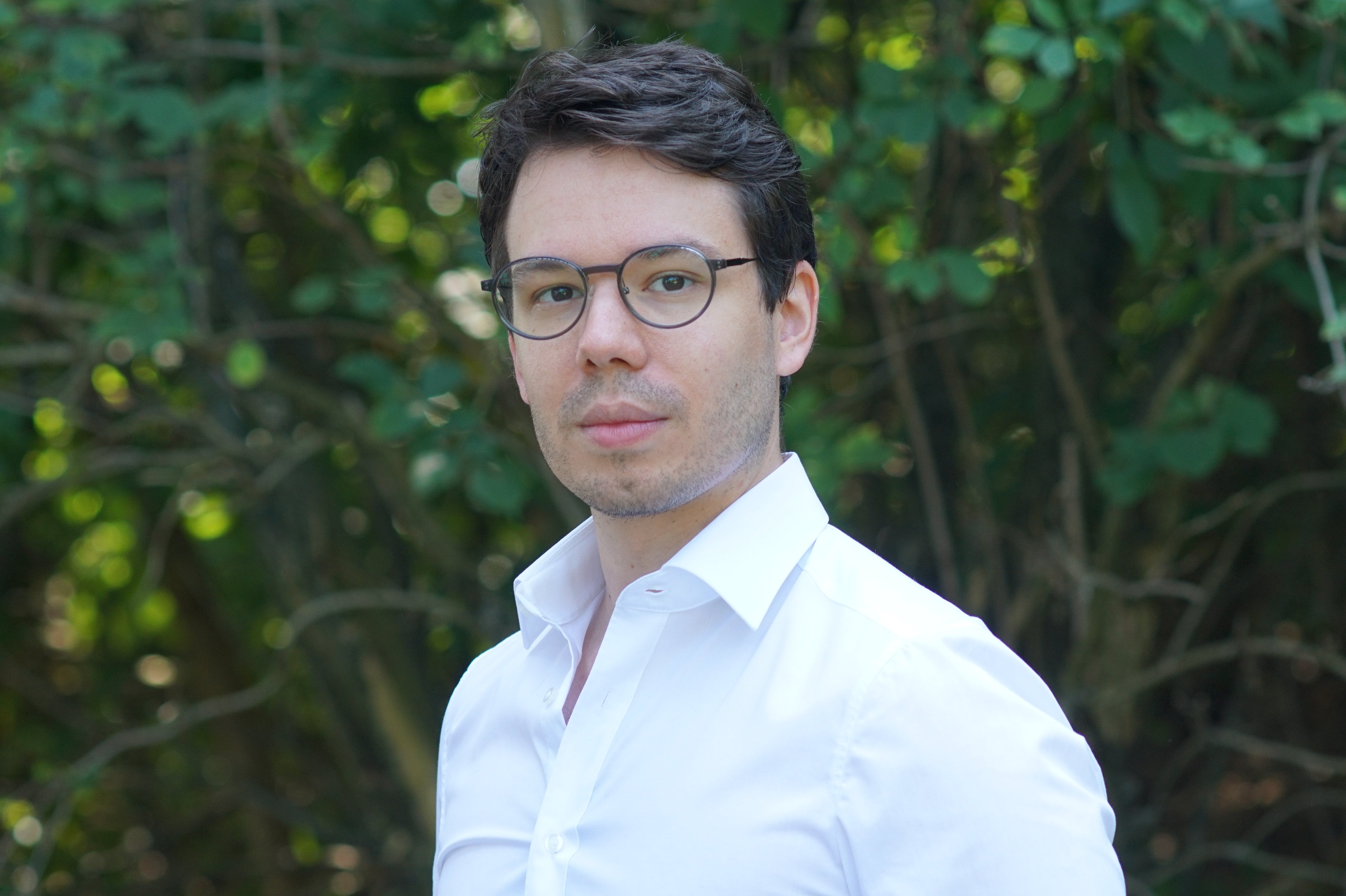
(Ulm, 23 March 2023) Julian Maier from MedUni Vienna's Institute of Pharmacology has been awarded the prestigious Rudolf Buchheim Prize 2022 by the German Society for Experimental and Clinical Pharmacology and Toxicology (DGPT).
In a study the research team around Julian Maier led by Harald Sitte from MedUni Vienna's Institute of Pharmacology in cooperation with Volodymyr Korkhov from ETH Zurich, resolved the structure of a cation transporter that has been little researched to date and also investigated mutations that occurred in patients. Organic cation transporters have a great influence on the monoamine balance and play an important role in the physical absorption and excretion of drugs. The study enables targeted research on substances that selectively interact with the transporter and was published in the journal Nature Communications.
Rudolf Buchheim (1820 - 1879) is the founder of pharmacology as an independent medical discipline. Buchheim established the experimental testing of hypotheses and systematic research into substances and their effects. The Rudolf Buchheim Prize is considered one of the most important awards for young scientists in the field of pharmacology and toxicology. It is awarded by the DGPT to recognise special achievements of young scientists in experimental pharmacological and toxicological as well as clinical pharmacological basic research, applied drug research and the transfer of results into practice and to promote their further development.
Personal details
Julian Maier studied human medicine at MedUni Vienna. At the same time, he began his PhD in the 5th year of study as part of the MDPhD excellence programme in the laboratory of Harald H. Sitte. He was awarded the Theodor Körner Förderpreis in the category "Medicine, Natural Sciences and Technology" for his research, among others. He completed his PhD in 2022 and has since been employed as a post-doctoral scientist at the Institute of Pharmacology. The findings of his dissertation were recently published in Nature Communications.